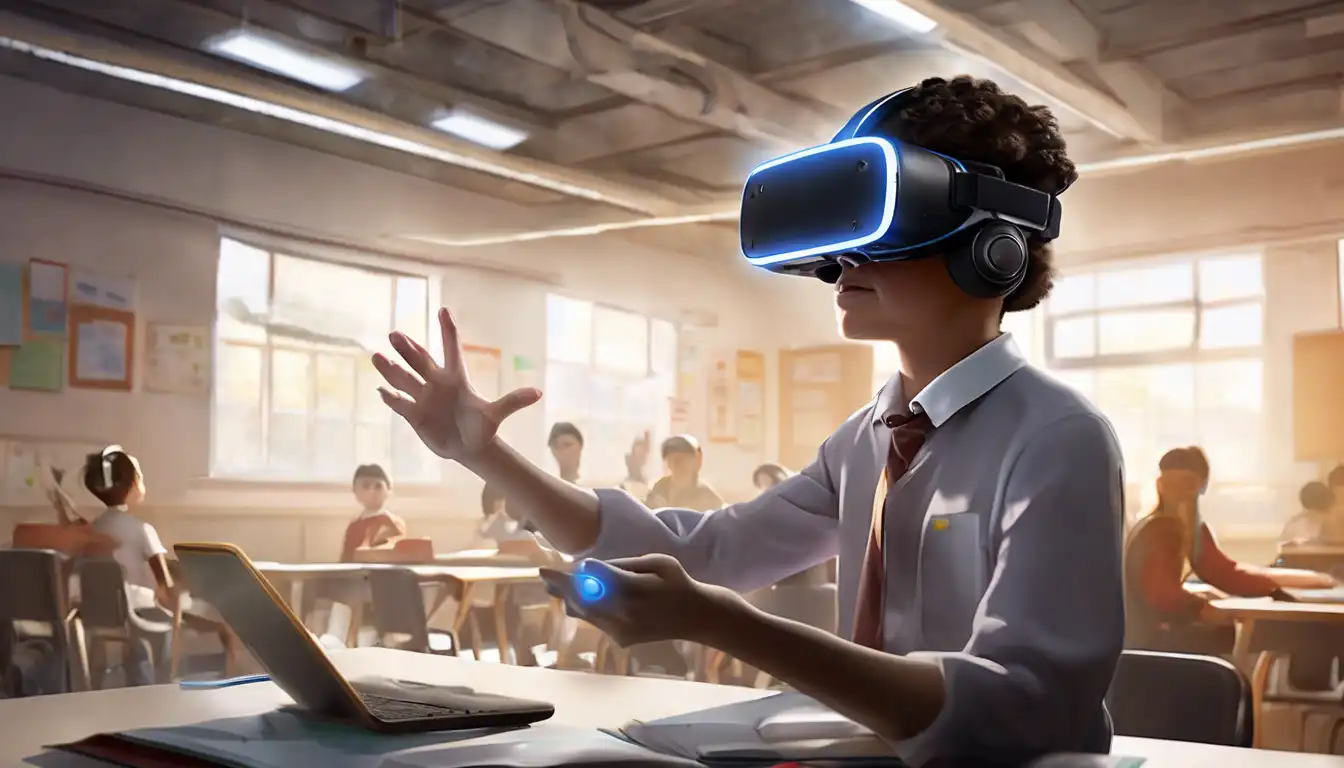The Transformative Impact of Virtual Reality on Learning and Skill Development
Virtual Reality (VR) technology has rapidly evolved from a futuristic concept into a practical tool with the potential to revolutionize education and training. By creating immersive, interactive environments, VR offers unparalleled opportunities for experiential learning, making it a powerful asset in both academic and professional settings.
Why VR is a Game-Changer in Education
Traditional learning methods often struggle to engage students or provide hands-on experience in complex subjects. VR addresses these challenges by simulating real-world scenarios where learners can practice skills, explore concepts, and make mistakes without real-world consequences. This not only enhances understanding but also boosts retention rates.
- Engagement: VR's immersive nature captures students' attention far more effectively than textbooks or videos.
- Accessibility: With VR, geographical and physical limitations are no longer barriers to accessing quality education.
- Customization: Learning experiences can be tailored to meet individual needs, accommodating different learning styles and paces.
VR in Professional Training and Development
Beyond the classroom, VR is transforming professional training across industries. From healthcare to aviation, VR simulations allow trainees to hone their skills in a safe, controlled environment. This not only reduces training costs but also minimizes risks associated with on-the-job training.
For example, medical students can perform virtual surgeries, gaining valuable experience without the ethical and practical concerns of practicing on real patients. Similarly, pilots can navigate countless flight scenarios in VR before ever stepping into a cockpit.
Challenges and Considerations
Despite its potential, VR in education and training faces several hurdles. The cost of VR equipment and the need for technical support can be prohibitive for some institutions. Additionally, there's a learning curve associated with using VR technology effectively in educational contexts.
However, as technology advances and becomes more affordable, these challenges are likely to diminish, making VR an increasingly viable option for educators and trainers worldwide.
The Future of VR in Learning
The future of VR in education and training looks promising. With ongoing advancements in VR technology, we can expect even more realistic and interactive learning experiences. Furthermore, the integration of AI with VR could personalize learning further, adapting in real-time to the learner's progress and needs.
As we continue to explore the potential of VR, it's clear that this technology has the power to transform how we learn and train, making education more engaging, accessible, and effective than ever before.
For more insights into the latest trends in e-learning, check out our article on e-learning trends.
